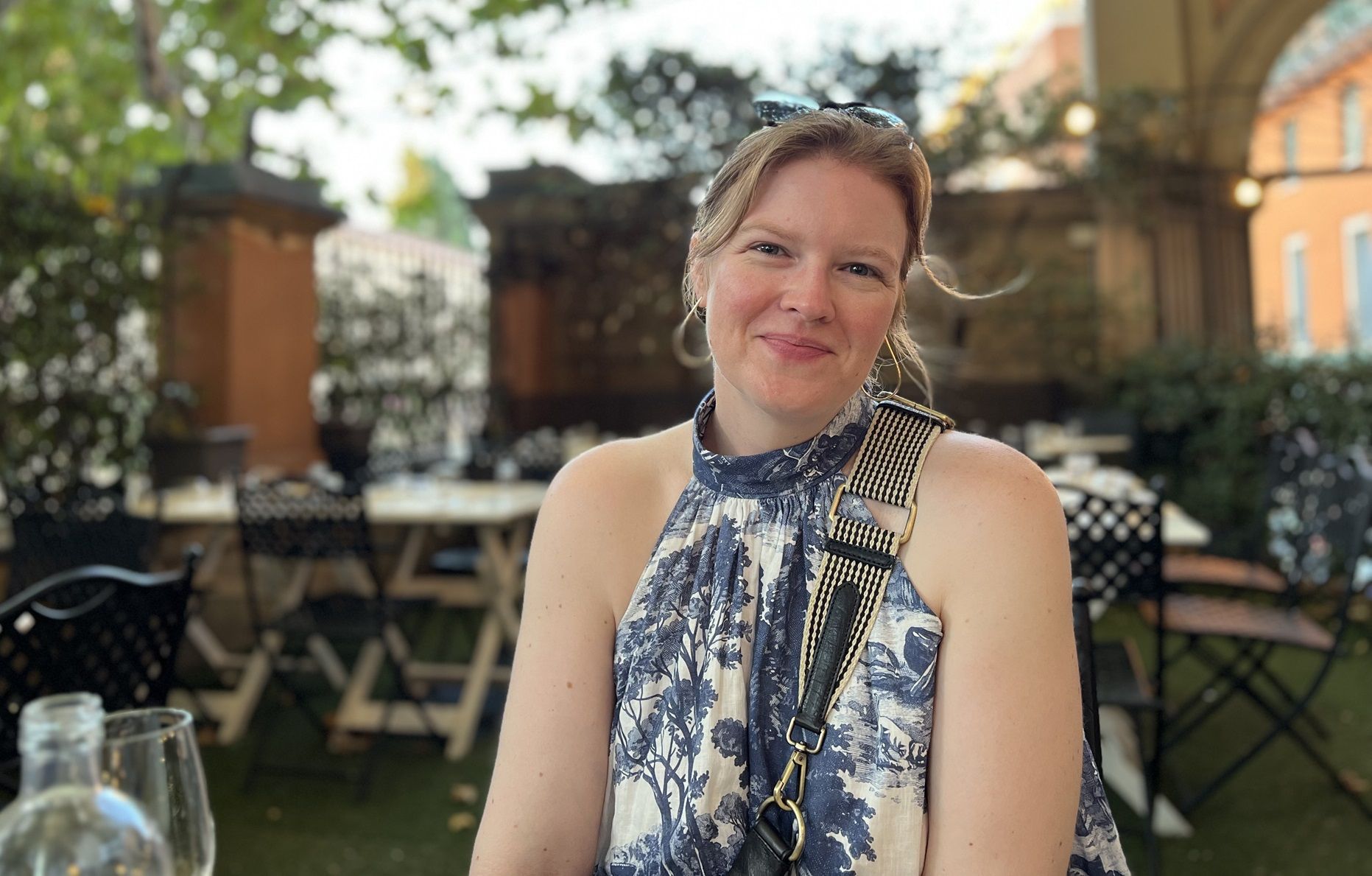Diversity is kind of a passive thing. It doesn’t require much effort; really, you just need for people to show up. And because Denmark is beautiful and has a lot of good things going for it, people continue to do just that – to show up.
One of our favorite spots is Aarhus Street Food. It’s a short walk from our apartment, the food is good, and the beers are great, so we eat there much more often than we should.
It’s a communal seating place, filled with long tables and benches. It’s the kind of place where you can really hear people. We make a game of trying to identify all of the languages being spoken. There are so many – some we haven’t figured out yet, but we love the way they sound.
Diversity has happened here. All around us, there’s a bright and exciting international population. I suspect this is also true – only more – in Copenhagen.
Inclusivity, though, is something else entirely. It is active; it requires work. Expats do not automatically feel at home in a new place. People and policies and systems have to make that happen.
We’ve been here almost two years. From what I hear and read, nothing about our experience is unusual.
We live in the city center, in a building full of Danes. We go to shops and restaurants, open air markets and parades, holiday events and festivals. We try to speak Danish when we order coffee or buy groceries, even though Danes always switch immediately to English when they hear our accents.
We decorate with Danish flags for every celebration. We eat smørrebrød and like it. Though it goes against every American instinct we have, we try not to smile at or make eye contact with strangers. For two years, we’ve tried to meet Danes where they are. We have two Danish friends.
I’ve applied for more than 200 jobs in Denmark, thus far unsuccessfully. I’ve been interviewed three times, and have a sad, overfull folder of rejection emails in my inbox.
Along with all of those passes has come some often puzzling feedback. I’ve been asked if I have considered marrying a Dane, as having a Danish last name would “really help” my chances of getting a
job.
One interviewer told me that they “loved my American enthusiasm” but felt it would not be “a good fit for Danish workplace culture”. I was even told I didn’t need to include my Master’s degrees (I have two – both earned in the United States) on my CV, as most “employers here” will regard them as the equivalent of one Bachelor’s degree.
And though I still list both of those Master’s degrees, I have taken suggestions to completely rewrite my CV to reflect more Danish priorities, bulk up my presence on LinkedIn, and invest in more “Danish clothing” in neutral colors for interviews. And I’ve kept applying, day after day, rejection after rejection.
In short, we have tried to integrate. But after two years of trying, and so little gained, we can’t help but wonder: does anyone here actually want us to?
If so, there’s very little indication of it. The company that recruited my husband and asked us to move here assisted us with crossing the ocean, but beyond that, there seems to be no support system for expats. No welcome outreaches or family support committees, no assistance with networking, no groups to help ‘trailing spouses’ like me approach the job market.
These all seem like such common sense pieces of infrastructure to me – none are heavy lifts in terms of effort or cost, but any one of them would go far in making expats feel some sense of being valued here, of being included. For a newcomer to this (or any) country, being greeted with some eye contact and a smile could make all the difference.
My American enthusiasm could be just what the culture needs. If only anyone would give it a chance.

